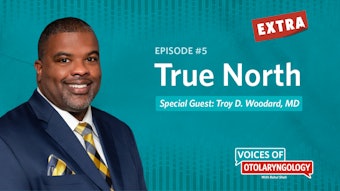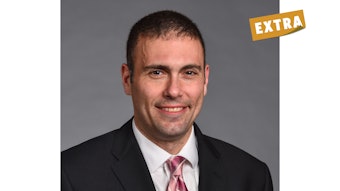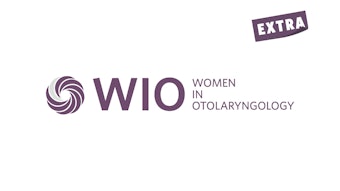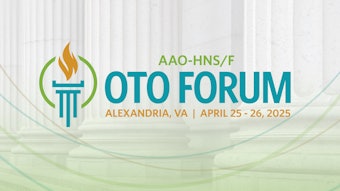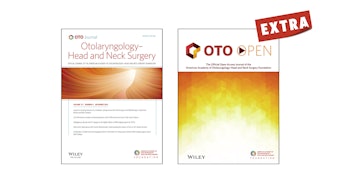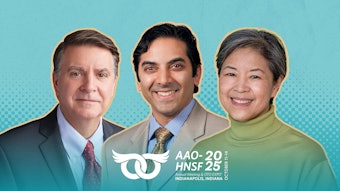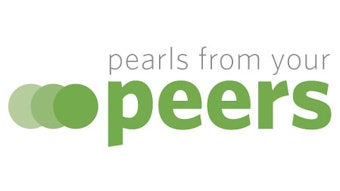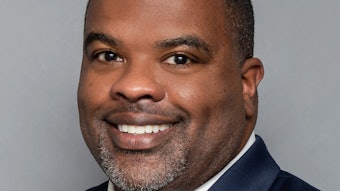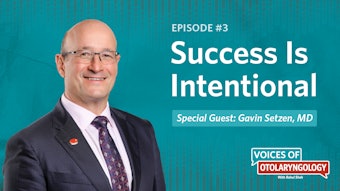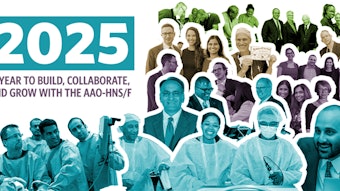Advocacy State-Level Outlook for 2025
State legislatures look to tackle key healthcare issues in the coming year.

For the AAO-HNS, scope of practice issues will once again be a focus for our advocacy efforts. In 2024, the Maryland legislature enacted a measure (without the governor’s signature) that inappropriately expanded the scope of practice for audiologists. The new law changed the definition of the practice of audiology to include a broad expansion of services that audiologists may perform and are unlike privileges granted in other states. “Evaluate, diagnose, manage, [and] treat" are among the roles being added to the “practice of audiology,” which traditionally references the practice of medicine. Colorado, Kansas, Kentucky, and Washington are expected to introduce similar measures.
Additional practice privileges included in the Maryland law that are outliers and an inappropriate scope of expansion include the ordering of cultures and bloodwork testing as it relates to the auditory or vestibular conditions in the human ear; the ordering and performing of in-office, nonradiographic scanning or imaging of the auditory canal; and the ordering of radiographic imaging as it relates to the auditory or vestibular conditions of the human ear.
The AAO-HNS is working diligently to amend the Maryland law in the upcoming 2025 session and to oppose any measures that inappropriately expand the scope of practice for non-physicians. Other ongoing state-level priority issues for the Academy include hearing aid services, newborn screening for cytomegalovirus, prior authorization, medical liability reform, and truth in advertising.
Healthcare Workforce Shortage and Other Top Issues
According to the National Conference of State Legislatures (NCSL), the healthcare workforce shortage remains a top priority across state legislatures. States are continuing to address this issue, particularly in rural and underserved communities, in a variety of ways to focus on a variety of specialties. Medicaid, a perennial issue for state lawmakers, will also be a priority in 2025. Medicaid accounts for 18% of state spending and covers 81 million people nationwide as of May 2024. That’s 13 million more people than before the pandemic.
States are facing uncertain budget conditions, ongoing healthcare workforce shortages, and growing demand for behavioral health, maternal health, and long-term care services, all of which add pressure to Medicaid. NCSL also anticipates increased attention on issues related to the use of artificial intelligence (AI) in the healthcare sector. Specifically, state lawmakers are expected to consider measures that would put guardrails on the use of AI to protect privacy, data integrity, and transparency, and would ensure that systems are used safely.
Healthcare affordability remains a top issue among constituents, with over half worrying that they would not be able to pay for their medications. Lawmakers continue to respond to voter concerns with policy approaches designed to increase access to affordable prescription drugs.
State Legislative Tracker Program
AAO-HNS advocacy efforts are powered by the State Legislative Tracker program. State Legislative Tracker volunteers take an active role in monitoring and analyzing pending state legislation that will affect otolaryngologist-head and neck surgeons and patients.
State Trackers become familiar with AAO-HNS state legislative priority issues and position statements. AAO-HNS advocacy staff assist State Trackers by providing regular access and updates to legislation introduced in each state via email twice per week. In turn, State Trackers help advocacy staff stay on top of the latest policy developments at the state level and often play an integral role in advocacy initiatives.
Make your voice heard, stand up for your patients, and become a State Tracker today!
